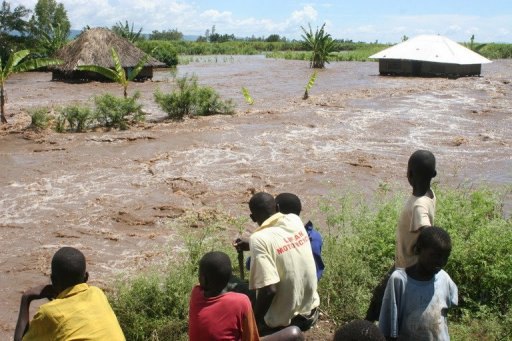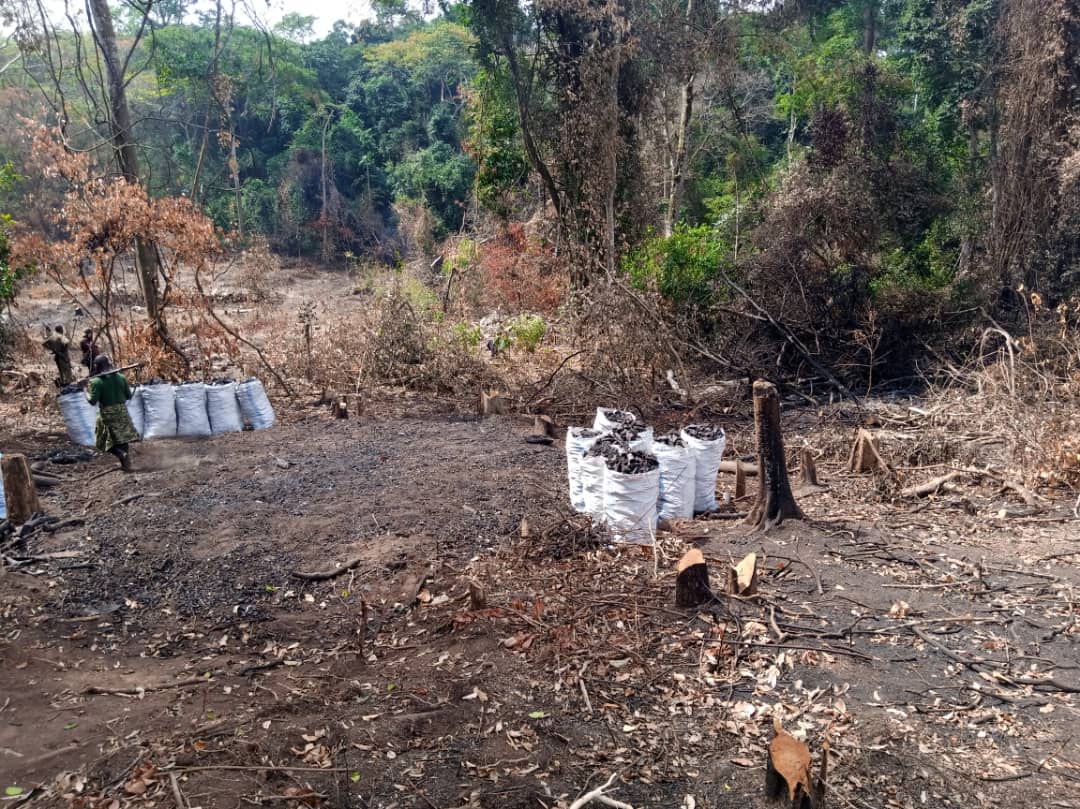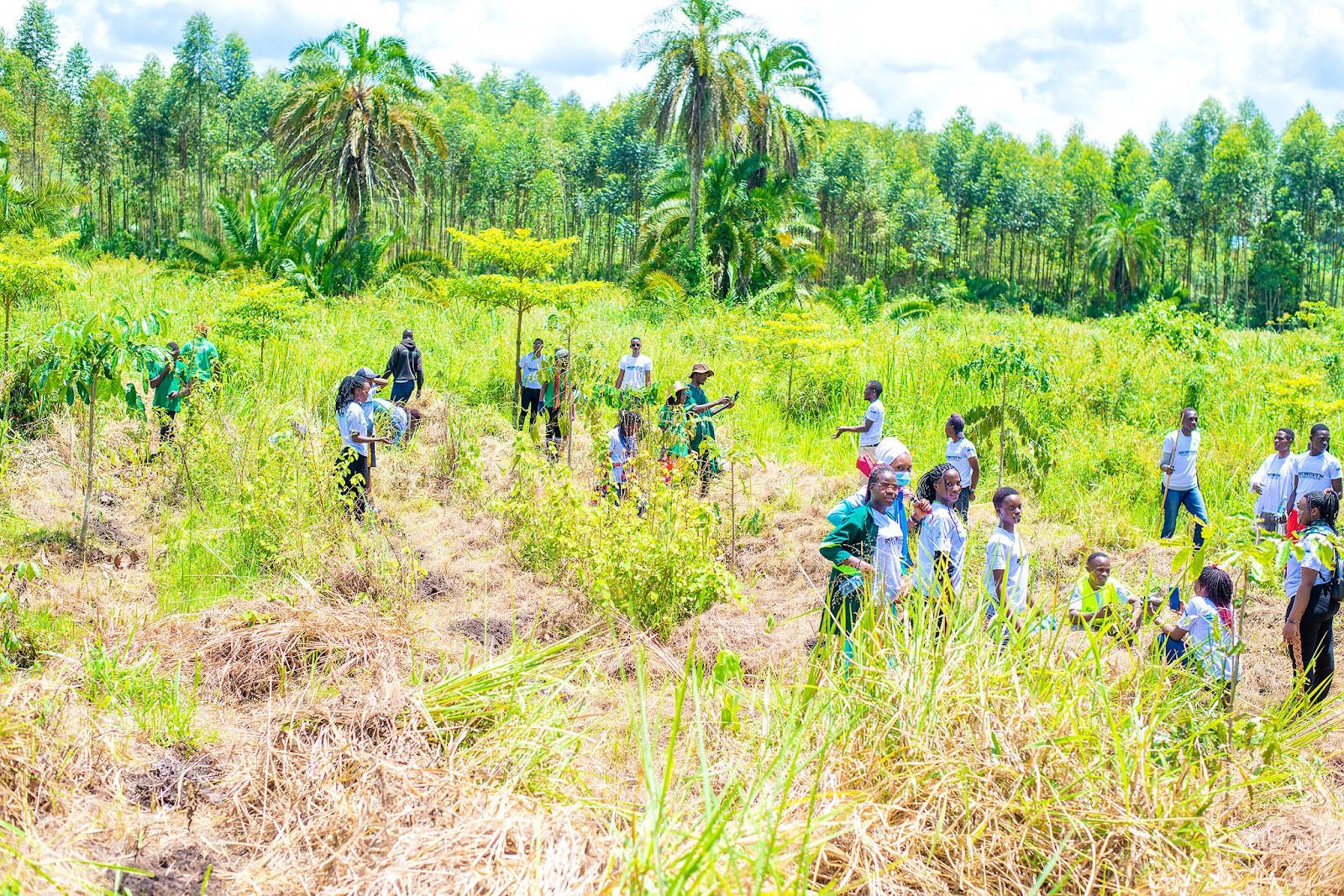
The statement “Humanity is waging war on nature” suggests that human actions and behaviors are causing significant harm and destruction to the natural world.
It implies that instead of living in harmony with nature, humans are exploiting and damaging the environment in various ways.
The war is about “The disregard for the interconnectedness of all living beings and ecosystems”. By prioritizing short-term gains and economic growth over long-term sustainability, humans often overlook the consequences of their actions on the delicate balance of the natural world.
Human activities, such as deforestation, pollution, overexploitation of resources, and habitat destruction, are causing significant harm to the natural environment. The impacts of this “war” on nature can be profound and far-reaching. Here are some possible consequences:
Here are the dire Impacts of human activities on the natural environment.
- Biodiversity loss:
Human activities contribute to the extinction of plant and animal species at an alarming rate. Habitat destruction and fragmentation disrupt ecosystems, leading to the decline of biodiversity. This loss of species can have cascading effects on ecosystems, affecting pollination, nutrient cycling, and overall ecosystem stability.
Photo by: Jason Brown “the extinct Africa’s western Black rhinoceros”
- Climate change:
The burning of fossil fuels, deforestation, and industrial processes release greenhouse gases into the atmosphere, leading to global warming. Climate change causes rising temperatures, altered rainfall patterns, increased frequency and intensity of extreme weather events, and shifts in ecosystems. These changes can threaten the survival of many species and disrupt ecological balance.

Photo by KCIC. Homes submerged in flood water after heavy rains in EastAfrica
- Pollution:
Various forms of pollution, such as air pollution, water pollution, and soil contamination, have detrimental effects on the environment. Air pollution from industrial emissions and vehicle exhaust contributes to respiratory problems, damages plant life, and acidifies water bodies. Water pollution from industrial waste, agricultural runoff, and improper waste disposal harms aquatic ecosystems, making water unsafe for both wildlife and human consumption.
This dimension also involves overconsumption and pollution associated with modern industrialization. The excessive extraction and consumption of natural resources, including fossil fuels, minerals, and water, have strained ecosystems and contributed to climate change and biodiversity loss. Pollution from industrial processes, waste disposal, and the release of greenhouse gases further intensify the war on nature.
- Deforestation:
The clearing of forests for agriculture, logging, urbanization, and infrastructure development has severe consequences. Forests act as carbon sinks, absorbing and storing carbon dioxide, a major greenhouse gas. Deforestation disrupts this natural process, contributing to climate change. It also leads to habitat loss, reduced biodiversity, soil erosion, and altered water cycles.

Photo by Watchdog-Uganda: Charcoal burning in Bugoma forest.
- Overexploitation of resources:
Human demand for resources, such as minerals, timber, and fisheries, often exceeds the sustainable limits of ecosystems. Overfishing can deplete fish stocks, leading to the collapse of marine ecosystems. Unsustainable mining practices can cause soil erosion, water contamination, and habitat destruction.
One aspect of this war on nature is the extensive degradation and destruction of ecosystems. Activities such as deforestation, overfishing, and habitat destruction have led to the loss of numerous plant and animal species, disruption of delicate ecological balances, and the degradation of natural resources.
- Disruption of ecosystems:
Human activities can disrupt the delicate balance within ecosystems, leading to ecological imbalances. For example, the introduction of invasive species can outcompete native species and disrupt food chains. Similarly, the alteration of natural landscapes can disrupt migratory patterns, disturb breeding grounds, and reduce the availability of resources for wildlife.
Additionally, unsustainable agricultural practices, such as the use of harmful pesticides and fertilizers, monocropping, and soil degradation, pose a significant threat to the environment. These practices degrade soil quality, harm pollinators, and contribute to water pollution, negatively impacting ecosystems and biodiversity.
All these impacts on the natural environment have significant consequences for human well-being as well. They can affect food security, water availability, public health, and economic stability. Recognizing the importance of preserving and protecting the environment is crucial for the long-term sustainability and survival of both nature and humanity.
What can be done to address the challenges?
Addressing the challenges posed by humanity’s “war on nature” requires collective efforts and a commitment to sustainable practices. Here are some possible solutions:
- Conservation and habitat restoration:
Protecting and conserving natural habitats is essential for preserving biodiversity. Establishing protected areas, national parks, and wildlife reserves can help safeguard ecosystems and provide habitats for endangered species. Additionally, restoring degraded habitats through reforestation and ecosystem rehabilitation efforts can promote ecological balance.

Photo by Biodiversity Hub International. During a tree planting outreach to restore Lazarus forest in Luwero-Uganda
- Sustainable resource management:
Adopting sustainable practices in resource extraction and consumption is crucial. Implementing responsible forestry practices, promoting sustainable agriculture, and ensuring responsible fishing techniques can help prevent overexploitation and promote the long-term viability of resources. This includes implementing quotas, monitoring systems, and supporting sustainable livelihoods for local communities.
- Renewable energy transition:
Shifting away from fossil fuels and embracing renewable energy sources, such as solar, wind, and hydropower, can significantly reduce greenhouse gas emissions. Encouraging the adoption of clean energy technologies, promoting energy efficiency, and investing in research and development of sustainable energy solutions are vital steps toward mitigating climate change.
- Pollution control and waste management:
Strict regulations on industrial emissions, promoting cleaner production processes, and investing in cleaner technologies can help reduce air and water pollution. Implementing effective waste management systems, including recycling, composting, and proper disposal of hazardous waste, is crucial for preventing environmental contamination.
- Education and awareness:
Increasing environmental awareness and education can inspire individuals to make informed choices and take action to protect the environment. Promoting environmental education in schools, raising public awareness through campaigns and media, and encouraging sustainable lifestyles can foster a sense of responsibility and promote positive environmental practices.
- International cooperation:
Environmental challenges transcend national boundaries, necessitating international collaboration. Governments, organizations, and individuals must work together to develop and implement global agreements, such as the Paris Agreement, to address climate change and promote sustainable development. Sharing knowledge, resources, and best practices can lead to more effective solutions.
- Policy and governance:
Governments play a crucial role in creating and enforcing environmental policies and regulations. Strengthening environmental governance, ensuring compliance with environmental standards, and implementing effective enforcement mechanisms can help prevent environmental degradation. Incorporating environmental considerations into decision-making processes at all levels is essential.

Photo by Biodiversity hub International: During a planning meeting at the UN-CBD Open-Ended working group meeting (OEWG) with Uganda delegates in Nairobi Kenya.
It is important to recognize that these solutions are interconnected, and a holistic approach is necessary. By promoting sustainable practices, raising awareness, and embracing collective responsibility, it is possible to transition toward a more harmonious relationship with nature and ensure a sustainable future for both humanity and the natural environment.
Author: Irene K. Natukunda
